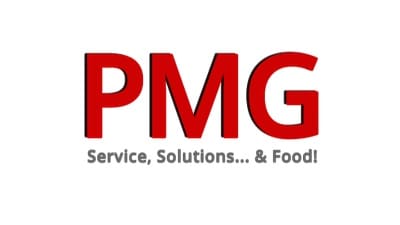
The restaurant industry continues to struggle with staffing issues in the wake of the COVID-19 pandemic. Retaining essential personnel remains one of the biggest challenges facing operators—especially small, independent restaurant operators.
Hospitality industry veteran Lee Schulman, founder of Panacea Management Group (PMG) Consulting, is an expert in many different aspects of restaurant operations. He also is an independent restaurateur himself as the owner and operator of Old Vinings Inn. As such, he’s ideally positioned to address this key issue facing so many restaurants today.
“COVID-19 has changed workers’ values and priorities,” Schulman says. “It’s no secret that the past two years were emotionally exhausting for restaurant workers. The pandemic has shortened people’s fuses. As a result, quality of life has become a much bigger concern for employees.”
One yardstick workers use to measure their quality of life is the benefits they enjoy.
“Benefits are very important now,” he says. “Insurance, 401(k) plans, paid time off—all of those are part of the equation. But a lot of restaurants can’t afford to offer the kind of benefits, like health insurance, that larger chain restaurants can.”
So what can smaller, independent operators offer in this area?
“There are certainly ways to be creative with benefits, and it doesn’t always have to fit into the traditional health insurance model,” Schulman says. “At Old Vinings Inn, we’ve started closing the restaurant on Monday and Tuesday so we’re closed Sunday night through Wednesday afternoon. This gives our staff two consistent days off in a row every week, and they can be with their families on Sunday night.”
Besides bolstering morale, Schulman says this move has yielded a significant increase in sales, as well.
“The bottom line,” he adds, “is to show the people who work for you that you care about them and value them.”




